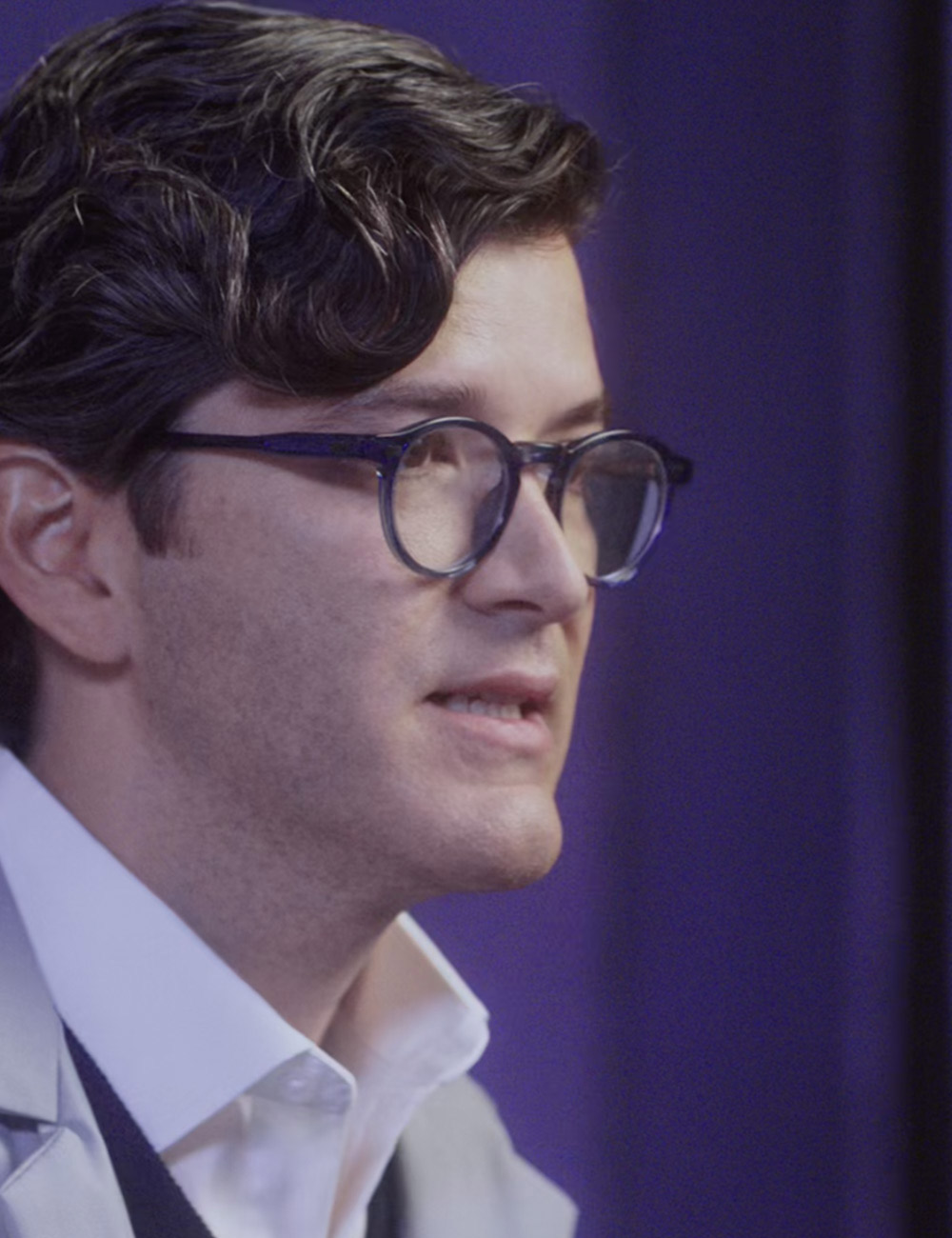Reach out to the care team and ask about counseling, spiritual support, patient groups, and other psychological services for you or a loved one at any time.
It’s important that you feel your emotions and express them, so that you can process them. When we have trouble doing this on our own, we might need additional help.
Help can come in many forms:
- Leaning on a best friend or family member for advice
- Seeking spiritual guidance from your church group or religious community
- Meditating and practicing mindfulness
- Joining an MM support group and connecting with others who have MM
- Attending therapy
- Asking your doctor about medicines that can help if your feelings don’t go away
If you’re having a tough time with MM, you’re not alone. Opening up about what you’re feeling to others is healthy so that your body can save its strength to fight MM.
Care partners have feelings too
Often, we hold back on sharing health news with close family and friends, trying to protect them from stress and fear. But our concern for one another and desire to work together is what makes long-term support less of a burden and more like community building than we realize. In these situations, many of us are more than willing to sacrifice our personal needs to put someone else before ourselves.
This is why care partners may need a helpful reminder to look after their own well-being while helping to care for you. They too can experience anxiety, feelings of being overwhelmed, fatigue, or guilt. Care partners can also benefit from emotional support and shared care responsibilities with other trusted relatives or friends. This way they can find a little time for themselves to recharge, stay strong and healthy, and show up as their best selves for you.
Face the future with faith
The uncertainty and pressures of MM treatment can take their toll on anyone, as a patient or a care partner. Keeping hope at the top of your mind isn’t easy, and many rely on a strong sense of faith to keep their spirits up. Some people lean on their faith to make sense of the things they are going through and to bring balance and positivity to parts of their life that are challenging. Some people find comfort in these spaces as they oftentimes can connect people to local resources like rideshares, patient support groups, or health advocacy groups that act on the behalf of community members.
Faith is an infinite resource that people can turn towards to feel elevated and rejuvenated.



